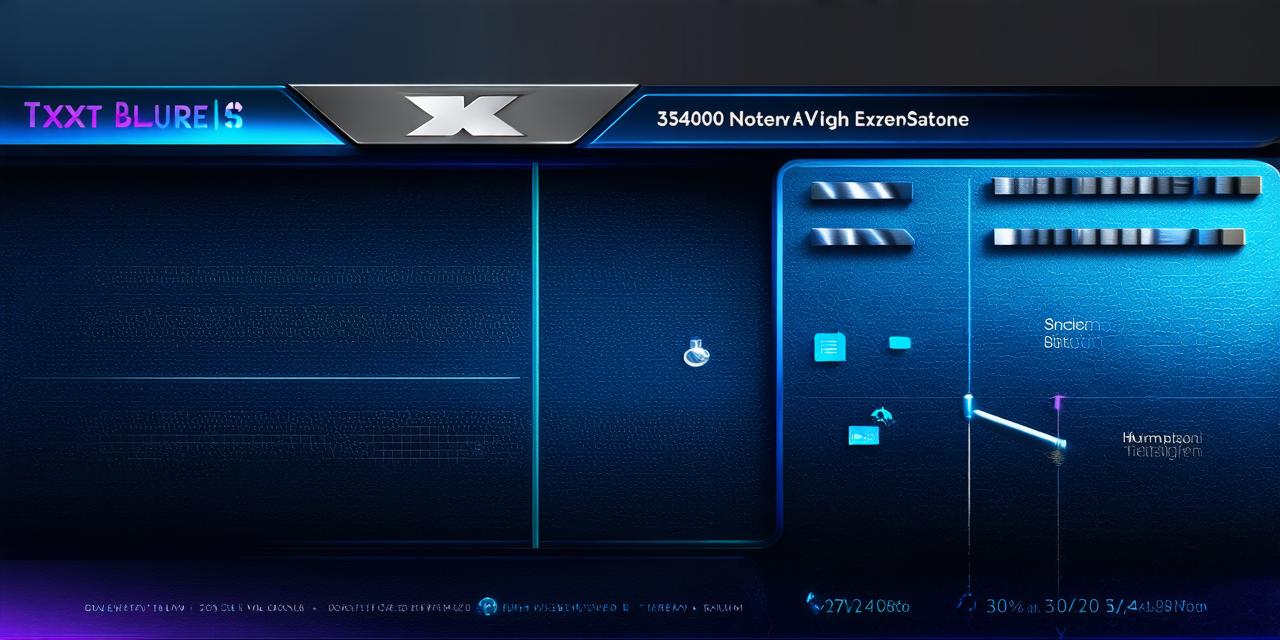Introduction to Blockchain
Before we dive into the world of blockchain, let’s first understand what it is. In its simplest form, blockchain is a distributed ledger that allows multiple parties to securely store and share data without the need for a central authority or intermediary. This decentralized approach offers numerous benefits, including increased security, transparency, and efficiency.
Key Features of Blockchain
There are several key features that make blockchain such an attractive technology:
- Decentralization: As mentioned earlier, blockchain is a distributed ledger that operates without the need for a central authority or intermediary. This eliminates the potential for single points of failure and makes it much harder to manipulate data.
- Immutability: Once data is recorded on a blockchain, it cannot be altered or deleted. This ensures the integrity and accuracy of the information stored on the ledger.
- Transparency: All parties with access to the ledger can view all transactions that take place. This fosters trust and accountability among users.
- Efficiency: By eliminating intermediaries, blockchain transactions can be processed much faster than traditional methods.
Real-World Examples of Blockchain Implementations
Now that we’ve discussed the key features of blockchain let’s examine some real-world examples of successful implementations:
- Cryptocurrency: Bitcoin, Ethereum, and other cryptocurrencies are perhaps the most well-known examples of blockchain in action. These digital currencies allow users to securely transfer funds without the need for banks or payment processors.
- Smart Contracts: Blockchain technology can be used to create self-executing contracts that automatically enforce the terms of an agreement. This eliminates the need for intermediaries and streamlines the contract negotiation process.
- Supply Chain Management: Blockchain technology is being used to increase transparency and efficiency in supply chain management. By using a distributed ledger, companies can track products from production to delivery, ensuring that all parties have access to up-to-date information.
- Voting Systems: Blockchain technology is being explored as a potential solution for secure and transparent voting systems. By using a decentralized approach, it becomes much harder to manipulate votes or tamper with the electoral process.
Challenges Facing Blockchain Technology
Despite its many benefits, blockchain technology is not without its challenges. Here are some of the key obstacles that developers must overcome:

- Scalability: While blockchain technology is efficient and secure, it can struggle to handle large volumes of transactions. This is particularly a concern for applications such as cryptocurrency, where transaction speeds are critical.
- Regulation: Blockchain technology is still largely unregulated, which presents both opportunities and challenges for developers. Without clear guidelines, it can be difficult to navigate the legal landscape surrounding blockchain projects.
- Security: While blockchain technology is secure by design, it is not immune to attacks. Hackers have targeted blockchain networks in the past, and this trend is likely to continue as the technology becomes more widespread.
